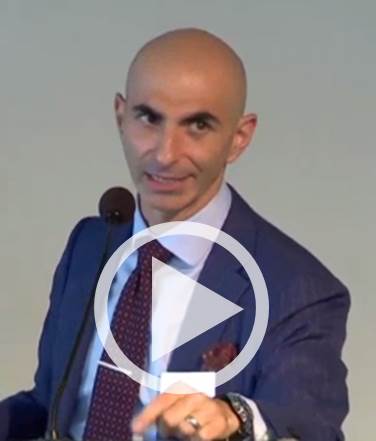Your basket is currently empty!
In silico prediction of immunogenicity: filling the gaps

Despite the significant growth in number and diversity of biotherapeutics over the past twenty years and the overall clinical success, immunogenicity (IG) prediction remains elusive and has shortcomings. Indeed, the production of anti-drug antibodies may alter drug pharmacokinetics and pharmacodynamics, efficacy, and/or cause adverse events or have no consequences at all. The assessment of IG in the clinic is a regulatory requirement, yet efforts are usually in place at the pre-clinical phase to assess IG risk for guiding product development. The adoption of in-silico tools to identify regions of the drug that might trigger a T- or a B-cell response has gained momentum due to their high-throughput capabilities and the minimal cost of operation per analyzed sequence. However, the theoretical underpinning of the most widely adopted epitope mapping platforms, particularly for T-cells, is still evolving with the most recent data concerning the biology, biochemistry and biophysics of antigen processing and presentation. An evaluation of these experimental observations will be presented, such as the flexible nature of peptide binding to MHC molecules, the effect of proteolysis on epitope generation, the role played by auxiliary molecules in peptide selection, and the use of peptide affinity as a proxy for immunodominance. Finally, a strategic path on how to integrate these datasets into the in-silico prediction of IG will be proposed.
Andrea Ferrante attained his M.D. at the University of Genoa (Italy) School of Medicine in 2003 and his M.B.A. in 2017 at the University of Alaska Fairbanks. His postdoctoral training includes 3 years of residency in Clinical Pathology (Italy) and 7 years of research at the Blood Research Institute, Milwaukee (WI). In April 2012 he joined the faculty at the University of Alaska Fairbanks as an Assistant Professor in the Department of Biology and Wildlife and the Institute of Arctic Biology. His research activity has focused primarily on the molecular basis of antigen processing and presentation by MHC class II molecules. He has been the recipient of several grants as PI and co-PI, including a 5-year NIH R01 award and a 3-year Aspire Pfizer Award, and has authored about 20 publications including original research, review articles and conference proceedings. He joined Lilly in May 2017 to support the effort in developing an integrated group aimed at assessing and mitigating immunogenicity risk of biotherapeutics.
